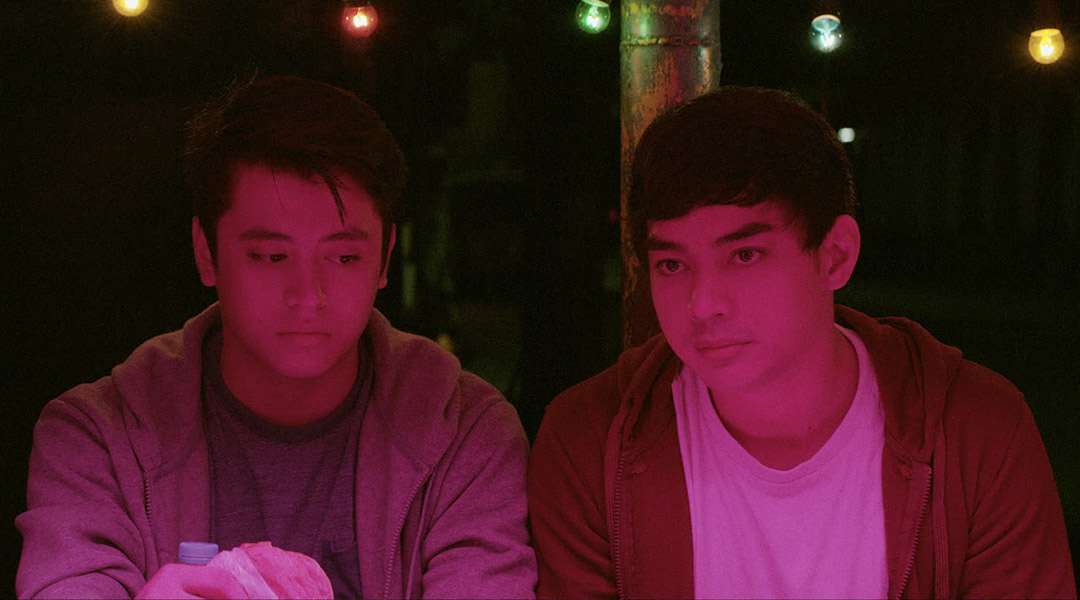What happens when a motley crew of misfits come together with a singular goal to take down the ruling power? A study of contrast and commentaries, Dead Kids, the first Filipino Netflix Original, lets us in on the complex mind of today’s youth.
Related:The Ballad Of Ben Platt: Why The Politician Star Is The Most Important Actor Of His Generation
“How was it?” a friend asks, the very second I started to decongest and deflate on the group chat after the premiere of Mikhail Red’s Dead Kids, a film that together with Globe Studios stands to be the first Philippine-crafted Netflix Original. Already a feat in itself, the flick offers an interesting premise: How would a group of misfits see through their plot to snuff the school’s resident rich kid, the entitled and arrogant grade-A d-bag who feels as if he has carte blanche over the academic tenure? “Mikhail Red is really good. Sometimes, I feel that he over intellectualizes the material that it lacks heart, based on my observations of Birdshot and Neomanila,” my friend continues.
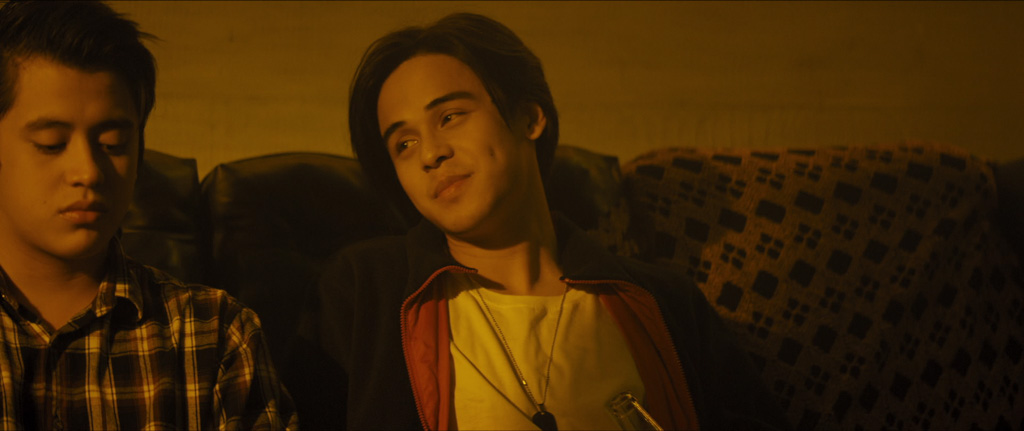
On paper, it ticks all the boxes of interest. The story, while it appears to be juvenile, with emotionally frustrated adolescents wanting to play a big game in their childish masks, reflect the intricacies of youth through the filter of social media. “I have always wanted to make a film about the complexities of my generation. I wanted to expose the entitlement and insecurities of a generation growing up in a country of extreme social disparity but cleverly package it as pop entertainment. For me, Dead Kids is a story of young lives running wild yet cut short with their potentials unfulfilled,” says award-winning director, Mikhail Red. “It is a crime story in the age of social media and a bleak vision of the Filipino youth’s psyche. It is a commentary on the youth’s views on masculinity, morality, and vigilante justice paralleled with today’s political climate. It is both a coming-of-age story and a cautionary tale for the builders of our future.”
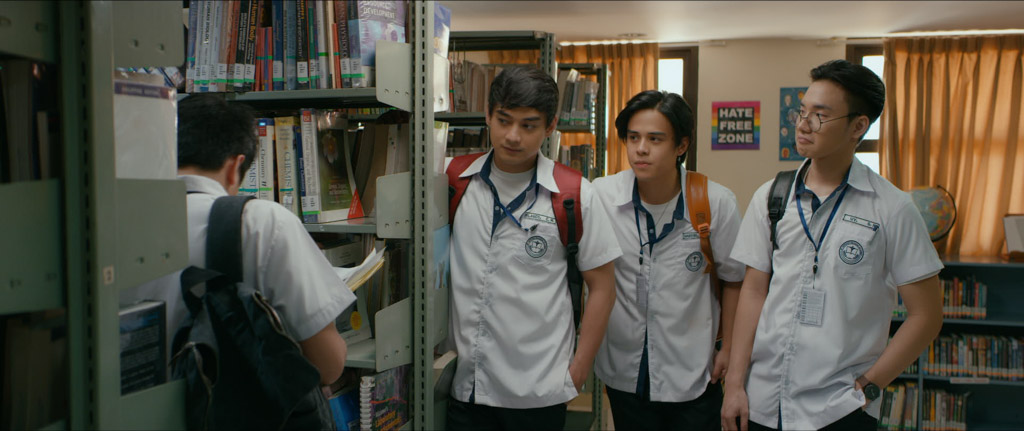
As it is a Mikhail Red film, the Netflix Original is visually stunning, which makes creative and intelligent use of shadows, spliced with the warmth of nostalgic yellow, shocks of looming red, and a lashing of eerie blue to evoke the pervading mood of the kids. It is evidently dark, as the film tackles themes and issues that are typically more adult. “Maraming tina-tackle na issues and we don’t want it to be preachy. I think each character has something to say, they have their own privileges, they have their own insecurities, their desires, their fears, and they’re all morally ambiguous,” Mikhail Red details. “And I think it’s about surviving in a society like this. Grabe ‘yung disparity, jarring ‘yung social strata. So, it depends upon your environment, your upbringing, and they’re all represented here. May spectrum eh, ‘yung characters ng Dead Kids—there’s a rich kid, there’s a privileged one, may scholar, meron nagdi-deal ng internal turmoil, may A-student…May archetypes pero because of the kidnapping, it creates this new facet, this new genre.”
Welcome To A New Age
“In my youth, I experienced things like this, pero what more in the current generation where everyone is so connected with the platforms we have in social media?” muses Khalil Ramos, who plays mischief monger, Paolo Gabriel. “And I have a brother in high school, so it was an interesting lens to look at, yeah.” A study of contrasts in character, the cast is a motley crew of personalities that at a glance of privilege doesn’t feel like they would bond together. Unbeknownst to many, the true story lies beneath, bubbling at a high-boiling pressure point, waiting for that state-of-matter breaking point. “In the film, you revisit your younger self and you see na we had little sense of self-awareness back then, and what more now with the power of internet, it’s scarier,” explains Gabby Padilla, who fills in as that unexpected lash of courage in Yssa Miranda.
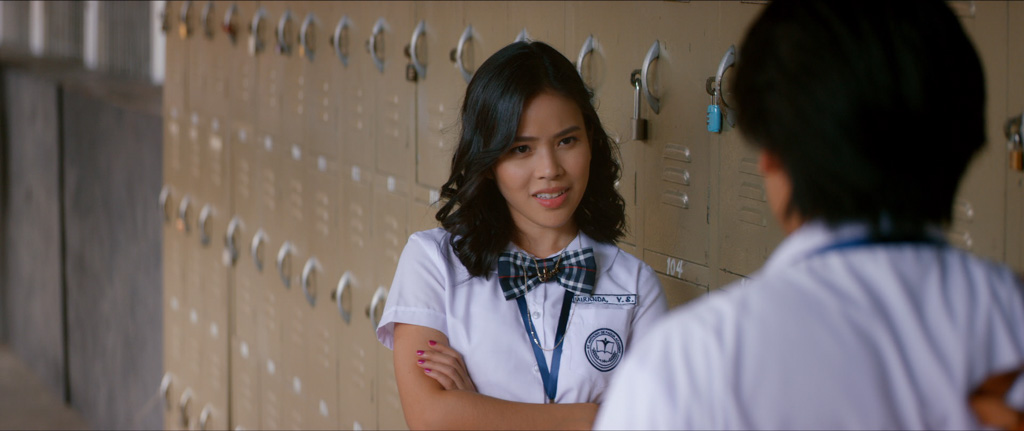
Despite the imminent tone and theme of the film, it derives its necessary exhale from the unexpected vibrancy and necessary buoyancy is chalked to the stroke of genius casting. “It was my first time directing an ensemble, directing multiple characters in a frame, pero ‘yun, I wouldn’t be able to complete this film without the talent ng cast. And like I said, perfect and chemistry, sobrang swak sila sa characters. We very proud of our casting process and maraming improv, so in a way, they really are the characters, sila ‘yung nagbigay nung life. And I rarely do that. Most of my films are aesthetic heavy, very visual. For the first time gumawa ako ng dialogue heavy film, and a lot of that kasi dahil sa kanila, they contributed a lot because very natural’ yung banter, unfiltered siya,” explains the director. The cast, Markus Peterson (Chuck Santos), Kelvin Miranda (Mark Sta. Maria), Vance Larena (Charles Blanco), Jan Silverio (Gideon Uy), Sue Ramirez (Janina Camiloza), as well as the aforementioned Khalil Ramos and Gabby Padilla charge Dead Kids with more than charm, consistency, and criminal intent to keep you on edge, anticipating with bated breath for every tumble of words, every flick of a gaze, and every shift of thought that is reflective of your very own.
With Every Heartbeat
A distilled essay of what goes on in the mind of the youth of today, Dead Kids throbs with internal conflict, a brimming of insecurity, and a charges of shocking insight that takes this far from child’s play. Using the children as a canvas, the filmmakers shocks the viewer with its subtle integration of social and political commentaries that is so seamless that it digs into your skin even more than the rah-rah-rah anger of this generation’s woke culture.
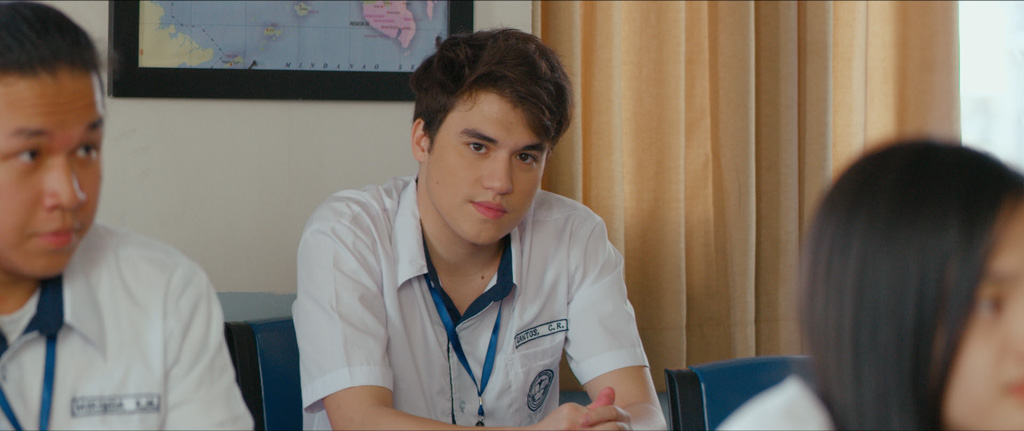
“Simula pa lang, alam niyo na pinasok niyo. Sinasabi ko sa inyo, hindi tayo magpaptalo sa laban na ‘to kasi buhay natin ang nakataya,” quips Charles Blanco when the proverbial shit hits the fan. Including its overarching social inquests, as well as of its gripping final act, Dead Kids really drives the message across: We live in very dangerous times, which prove to be even more extreme with the conveniences, privilege, and apathy that threads through the world as a whole. What the film offers in the grand scheme of things is a magnifying glass that peers into the stories that stack up to the great narrative. Yes, times are constantly changing, with the lives we live tipped over to the bounds of prejudice, but are you just going to stand there and let the bad roll on by with your lips sealed shut? Or will you make a run for it and make a choice to stand in between life and death?
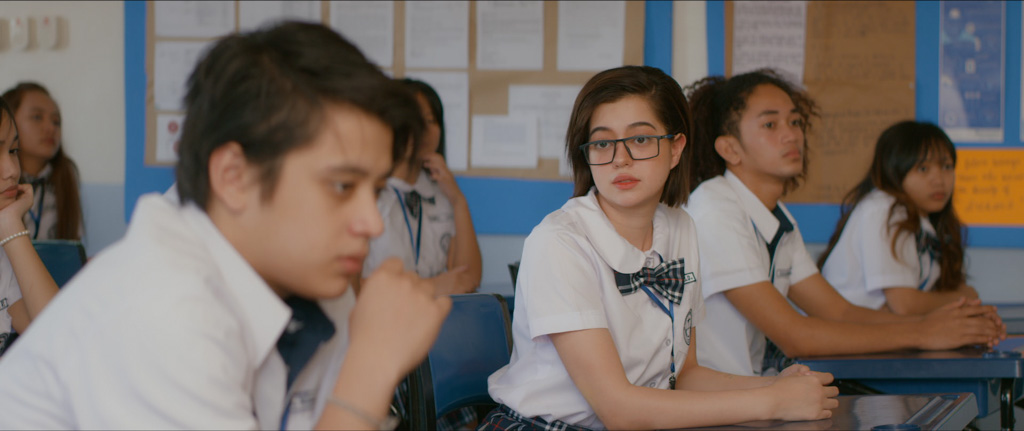
The film doesn’t give you answers, instead it makes you think, even way after the credits roll. A victory on all fronts, Dead Kids is that heart my friend was looking for, and perhaps for everyone who manages to sit and watch through it on your own accord and pace, where fittingly in the end, you realize that they were right: “You were never a dead kid; you just didn’t know how to live.”
Just as the curtains are drawn shut in Dead Kids, there exists an awning of a new day. Gone are the shadows and ominous night. In its stead, we see a breaking of light, the type of crack that is shocking to the sight, but one that ultimately settles to a dusty, sepia-toned quiet. Here we see the final break, the singular moment where the walls have shattered, the barriers are broken, and a shift into a more aware and acute adulthood is realized. There is no audible heartbeat, but we see it; we feel it enveloping us to an out-of-breath weeping mess.
And perhaps that is where the story starts to really take life.
Dead Kids is now streaming on Netflix.
